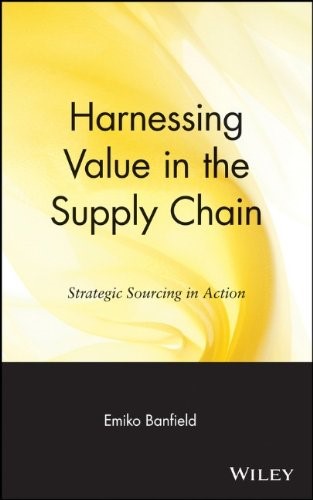
Traditionally, suppliers, in order to maximize profits and generate as much revenue as it can, will sell large quantities of chemicals to the end users (industrial businesses, manufacturing plants, etc.). Because economics play such an important role, it is in the best interest of the supplier to sell as much chemical solvents as possible. Unfortunately, this chemical purchasing process which puts into action the inefficient use of chemical supplying is monetarily rewarded. However, the surging approval and rapidly increasing popularity of chemical leasing is combating the wasteful alternative process. Below, you will see five reasons why all companies that are in need of chemicals should investigate chemical leasing.
- Chemical leasing has already proven to reduce chemical waste, because it eliminates the protocol of end users having to purchase an already specified amount, in which the excess amount almost always becomes wasted. More waste leads to the potential for more chemical disasters. Less waste reduces that ominous potential.
- Chemical leasing has proven to increase the financial benefits of both partners, even the supplier, because it guarantees an ongoing business relationship with a continued provisioning of chemical shipments. These business relationships can end up becoming long term commitments from the formation of such a positive partnership.
- Chemical leasing encourages both waste reduction and waste recycling, which leads to less negative environmental impact, and increases in environmental safety. Less chemical waste means a less likelihood of hazardous substances reaching the planet’s environmental resources.
- The reduction of chemical waste has proven to reduce the possibility of placing workers and employees in harms way, effectively minimizing the chances of accidents involved in industrial facilities. Some toxic chemical substances have proven to induce physical illnesses and ailments.
There is a direct link to chemical waste and chemical spills, meaning towns and local denizens living near industrial plants will less likely be exposed to a chemical spill, which could contaminate resources, such as water, the air, and even crops and other types of food consumed.
If your business is interested in spending less on chemicals or would just like to review your chemical usage, please contact us today for a chemical inventory review.














